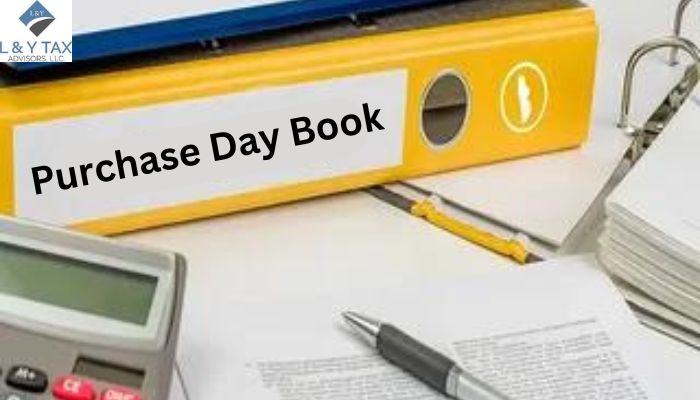
Construction Worker Tax Deduction Checklist
Tax season may be stressful, especially for diligent construction workers balancing several tasks. But the good news is that a solid grasp of the construction worker tax deduction checklist can greatly reduce the financial burden.
Our tax advisor services present a thorough construction worker tax deduction checklist to guarantee the maximization of your deductions without skipping a beat.
Expenses Associated with Your Job
First and foremost, the primary expenses are of the job and relevant accessories, such as:
Tools and Equipment
Construction workers frequently invest in necessary tools. These charges are frequently deductible. Keep receipts and records of all purchases, whether hammers, power tools, or safety equipment.
Uniforms & Work Apparel
Job-specific apparel, such as work boots, hard helmets, or specified workwear, is deductible.
Vehicle Costs
A vehicle is one of the most important necessities, not only for construction workers but also for your routine chores.
Travel Expenses
You may be eligible for deductions if you use your car for work-related travel, such as commuting to multiple job locations or picking up supplies. Keep track of mileage and other business-related costs.
Vehicle Maintenance
Repairs, maintenance, insurance, and even depreciation on work vehicles can all be deducted.
Deductions for Home Office
A part of home office expenditures may be deducted for people who utilize a dedicated area at home for administrative chores relating to their construction business, such as documentation, scheduling, or equipment maintenance.
Ongoing Education
Expenses for upgrading and updating your building abilities can frequently be discounted. This includes fees for professional development courses, seminars, and certifications.
Medical Expenses
Construction labor may be physically demanding, and healthcare costs are sometimes high. Health insurance premiums, medical expenses, and costs linked with damage treatment or prevention may be deducted.
Unspecified Expenses
In addition to the necessities mentioned above of the construction worker tax deduction checklist, some optional aspects are also there. However, these variables may not be necessary.
Union Dues and Professional Memberships
Union dues and professional memberships in organizations relevant to your trade can frequently be deducted.
Safety Equipment and Training
Any costs for safety training or specific safety equipment may be recovered.
Tips for Increasing Deductions
Our best tax consultant Houston, recommends construction workers follow these tips to enhance their taxation credits and deductions:
Organized Receipts
Keep thorough records of all work-related costs, including receipts and invoices.
Keep Up to Date
Because tax regulations change regularly, maintaining current on the newest modifications and deductions available to construction workers is critical.
Seek Professional Advice
Seeking the guidance of a tax specialist or accountant specializing in construction sector taxation will help you avoid missing out on any qualifying deductions.
Is Labor Tax in California?
If you’re a business owner or contractor in California, you may be wondering, “Is labor tax in California?” The answer is yes, labor tax is a reality in the Golden State.
In California, labor tax, also known as payroll tax, is a state tax on employers that is used to fund various programs, including unemployment insurance, disability insurance, and workforce development. The tax rate varies depending on the type of business and the number of employees, but generally ranges from 3.4% to 6.2% of an employee’s wages.
As an employer in California, you are responsible for paying labor tax on behalf of your employees. This includes paying state unemployment insurance tax, employment training tax, and state disability insurance tax. Failure to pay labor tax can result in penalties and fines, so it’s important to understand your obligations and comply with state regulations.
It’s worth noting that while labor tax can be a significant expense for businesses, it plays an important role in supporting California’s workforce and economy. By paying labor tax, you are contributing to the state’s efforts to create jobs, support workers, and promote economic growth.
The Bottom Line
Construction labor necessitates devotion, expertise, and perseverance. However, it is critical to guarantee that your efforts result in maximum tax deductions. Knowing all about construction worker tax deduction checklist can drastically lower their tax burden and retain more of their hard-earned money by keeping track of costs, recognizing allowable deductions, and staying up to date on the newest rules.
Construction workers can handle tax season by using this detailed checklist and keeping accurate records, ensuring they claim all applicable deductions and earn the financial rewards they deserve.


